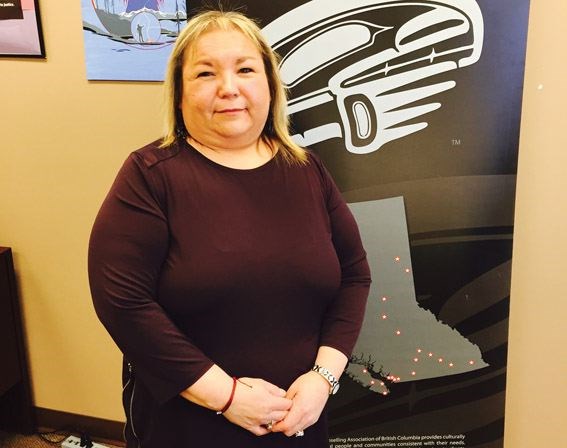First Nations Court is in the final stages towards becoming a reality in Prince George later this year.
The initiative is in its final stages with a business plan being put together with no date set for final approval.
"We want to be optimistic that this will be approved for 2017," said Christina Draegen, northern regional manager of the Native Courtworker and Counselling Association of B.C.
Currently, there are four First Nations Courts in B.C. in Kamloops, New Westminster, Duncan and North Vancouver.
"We are the hub of the north,"said Draegen. "It's our time now. This is a reflection of the reality of the severe overrepresentation of our indigenous people in correction centres."
Approximately 11 per cent of the population of Prince George is aboriginal.
Aboriginal adults accounted for nearly one in four (24 per cent) of admissions to provincial correctional facilities in 2013/2014, but the numbers are steadily increasing.
"Over the last three years, we've seen a 30 per cent increase of indigenous incarceration," said Draegen. "There could be various reasons for this, including fetal alcohol syndrome and mental illness."
The goal of First Nations Court is to apply an aboriginal perspective to sentencing using a holistic and restorative approach, focusing on healing rather than punishment.
"We are a helping hand for justice. Our native courtworkers continue to witness how many people end up in a revolving door within the current criminal justice system which brings us to the conclusion that this system is not working effectively. Something has to be done in an effort to improve outcomes," said Draegen.
In First Nations Court, the accused must plead guilty.
"The difference between provincial court and First Nations Court is that provincial court is punishment focused while First Nations Court sees the person's value while supporting them through a healing plan," Draegen said. "We want to restore their inner spirit as many spirits have been broken because of history or intergenerational trauma including the legacy that residential schools have left behind."
Once established, the First Nations Court will be based out of the Prince George courthouse.
During a hearing, all stakeholders will gather around a circular table to discuss the case, including the judge, defense counsel, Crown counsel, probation officers, family, chief, elders, a native courtworker and community resource and support workers.
"Once a healing plan is put in place, there will reviews and follow up with the client to see how they are doing," Draegen said.
Elders play a big role in the client's healing process.
"Many of our clients are stuck in oppressive behaviors and we want to stop these oppressive cycles. Elders can help them reconnect to their indigenous culture and values," she said.
Steps to bring First Nations Court to Prince George began in 2015.
"We held three meetings in Prince George to gauge the community's interest and we received overwhelming community support. This is a huge thing. We are influencing history. If it wasn't for the collaborative efforts of our stakeholders and working group, we wouldn't be experiencing such success in bringing our efforts to Prince George," Draegen said.
"And from feedback from courtworkers in existing First Nations Courts, we know that this is making a positive influence with positive outcomes."
Draegen remains determined in taking whatever steps necessary to get the local court started.
"I'm passionate about my people. I am proud of our culture and I want to continue to promote reconciliation," said Draegen.
"When identity is restored, it builds inner strength. We deserve to break free from oppression, have an improved quality of life and empowered future."



